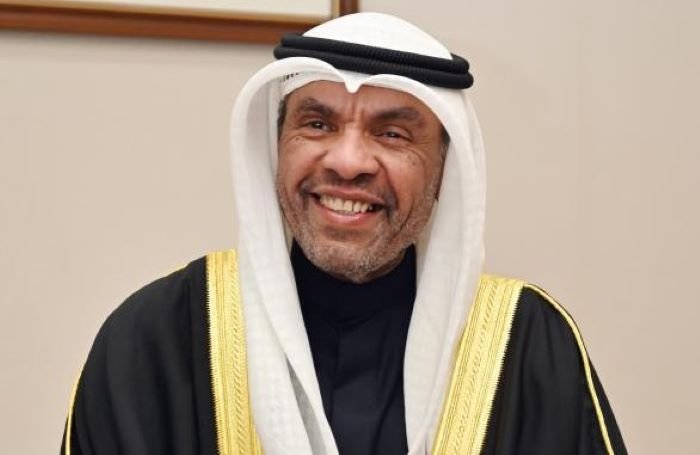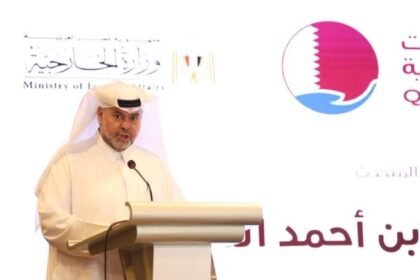
ARABIAN TIMES NEWS NETWORK
Infrastructure is often spoken of in technical terms, contracts, timelines, capacities, but at its heart, it is about shaping a nation’s future and improving the lives of its people. This spirit was reflected in the remarks of Kuwait’s Foreign Minister Abdullah Al-Yahya as he spoke about the country’s accelerating development journey, anchored by major projects such as seaports and the nearly completed Kuwait International Airport.
Highlighting the signing of the Engineering, Procurement and Construction (EPC) contract for the completion of the Mubarak Al-Kabeer Port, Al-Yahya described the moment as more than a procedural step. It is a clear signal of Kuwait’s determination to modernize its infrastructure and strengthen its strategic standing in the regional and global transport and logistics network. The port, once completed, is expected to play a transformative role in the national economy, positioning Kuwait as a vital commercial and financial hub in the region.

Speaking to the Kuwait News Agency (KUNA), the foreign minister emphasized that the project is also a powerful symbol of the deepening partnership between Kuwait and the People’s Republic of China. The cooperation reflects a high level of mutual trust and shared ambition, particularly in delivering large-scale, strategically significant development projects. For Kuwait, this partnership brings not only investment, but also the transfer of expertise and global experience that are essential for long-term, sustainable growth.
Al-Yahya noted that Kuwaiti-Chinese cooperation has become a key pillar in advancing Kuwait Vision 2035, the country’s roadmap for economic diversification and sustainable development. He explained that Kuwait has now entered a new executive phase, one focused on turning long-held visions into tangible realities through clear planning and decisive implementation.
The foundation for this phase, he said, was laid during His Highness the Amir’s visit to China in September 2023, when seven major agreements were signed. Initially framed as memoranda of understanding, these agreements are now beginning to deliver concrete results. What Kuwait is witnessing today, Al-Yahya stressed, are the first fruits of that diplomatic and strategic engagement. The coming phase will see the completion of the remaining agreements, further accelerating progress under Vision 2035.
Reiterating the broader picture, the minister underlined that infrastructure development—whether through advanced seaports, a modern international airport, or sustainable support projects, is the backbone of national progress. Together, these initiatives signal Kuwait’s readiness to embrace the future, strengthen its economy, and secure its place as a dynamic, connected hub at the crossroads of global trade.










